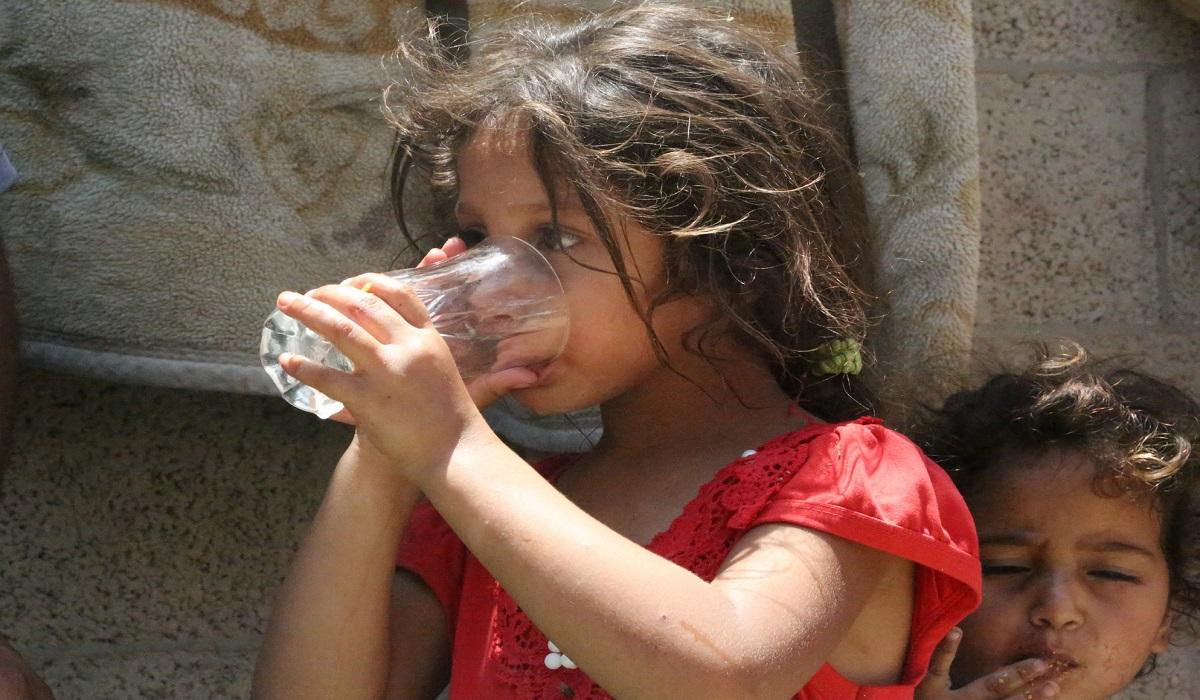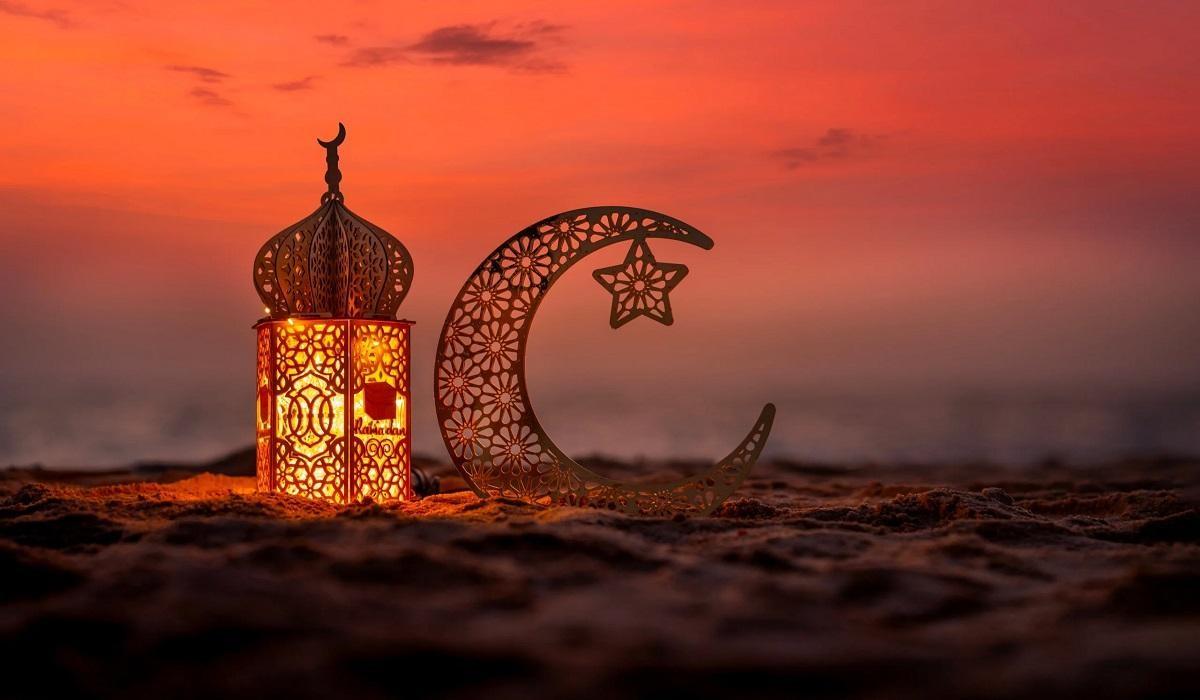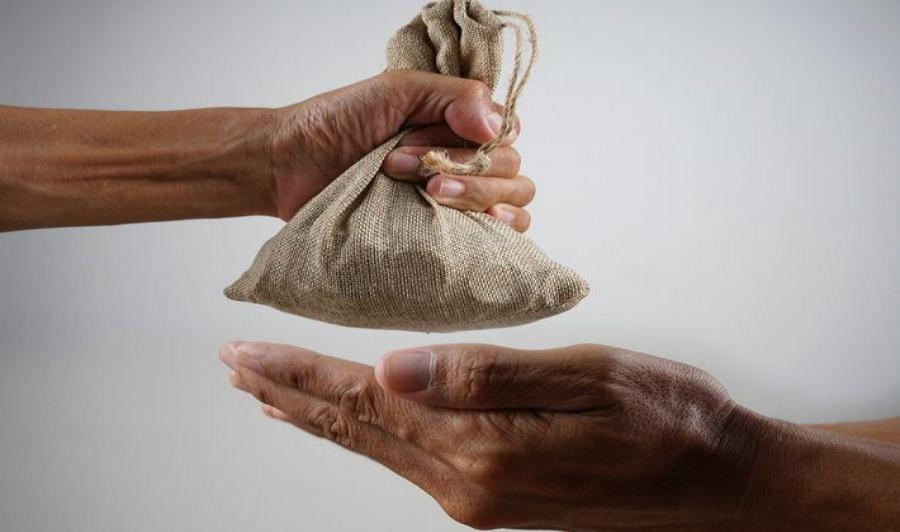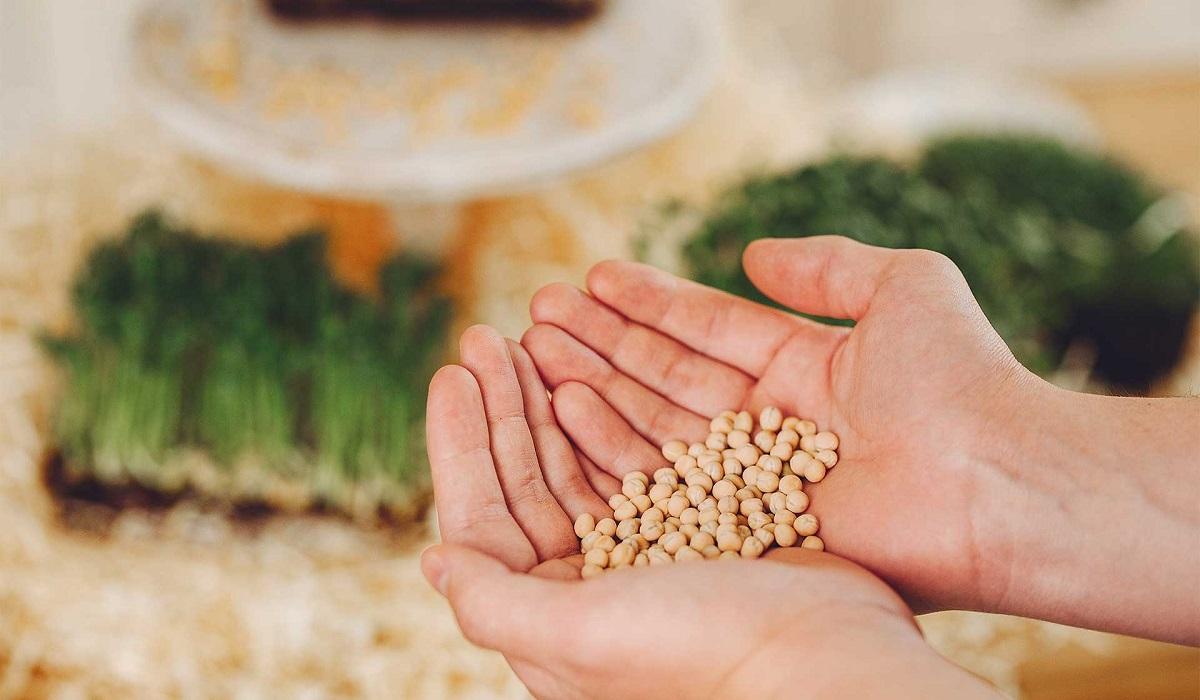The Importance of Water for Displaced Persons' Camps

Table of Contents
Water is one of Allah's greatest blessings, indispensable for life. It's the secret to survival and lasting health, essential for both drinking and daily use. However, with the significant increase in the number of displaced persons forced to leave their homes, securing water for camps has become incredibly difficult, leading to immense suffering due to scarcity. This is where donations and humanitarian initiatives have greatly eased the burden through charitable acts that carry immense reward from Allah.
Join us as we explore global water statistics, the types of Sadaqah for providing water, and the various ways to donate water to camps.
Here's the translation for the section on "Water Statistics in the World":
Water Statistics in the World
Freshwater on Earth accounts for a small percentage, approximately 2.5%, while saltwater covers the larger portion, and glacial areas constitute 70% of freshwater. This highlights the difficulty in accessing groundwater, which forms a very small percentage, insufficient for global human consumption.
Therefore, pressure on water resources is increasing, and the Arab region is considered one of the areas suffering from drought due due to an imbalance in water demand and supply in the region.
It is worth noting that statistics for 2020 revealed the following:
- 274 billion cubic meters of surface water and shared rivers.
- Meanwhile, groundwater and local water resources are estimated at 62 billion cubic meters.
- The annual exploitation of renewable water in the Arab region is 77%, which causes a large number of countries to suffer from water stress and scarcity.
Ranking of World Countries by Per Capita Water Share
We illustrate the ranking of world countries by per capita water share through the following table:
| Country | Per Capita Water Share (thousand cubic meters) |
| Iceland | 520,000 |
| Guyana | 315,489 |
| Suriname | 183,930 |
| Papua New Guinea | 107,321 |
| Bhutan | 101,960 |
| Gabon | 97,175 |
| Canada | 80,183 |
| Canada | 74,359 |
| Guinea | 18,411 |
While the countries with the lowest per capita share of water in the world are:
| Country | Per Capita Water Share (cubic meters) |
| Kuwait | 0 |
| Bahrain | 13 |
| UAE | 17 |
| Egypt | 20 |
| Qatar | 26 |
| Maldives | 75 |
| Saudi Arabia | 78 |
| Yemen | 80 |
| Palestine | 91 |
| Jordan | 92 |
Here's the translation for the remaining sections of your page on "The Importance of Water for Displaced Persons' Camps":
Ranking of Arab Countries by Water Resources
Let's review the ranking of Arab countries by potable water resources:
- Iraq ranks first.
- Morocco ranks second.
- Algeria ranks third.
- Syria ranks fourth.
- Somalia ranks fifth.
- Lebanon ranks sixth.
- Tunisia ranks seventh.
- Sudan ranks eighth.
- Saudi Arabia ranks ninth.
What is Providing Water (Sadaqah)?
Providing water is the act of offering water to others as Sadaqah, with the intention of alleviating the daily burdens many face in obtaining the blessing of water. This brings immense reward and merit. Islam strongly encourages this type of Sadaqah, considering it Sadaqah Jariyah (ongoing charity) because its benefit continues even after the giver's passing.
Hadith on Providing Water
There is a noble Hadith that emphasizes the importance of providing water as a humanitarian act with great, unending reward, stating: "The best Sadaqah is providing water" (Narrated by Ibn Majah).
Among the Hadith that express the virtue of providing water, Sa'd ibn 'Ubadah (may Allah be pleased with him) said: "I said: 'O Messenger of Allah, which Sadaqah is best?' He said: 'Providing water.'" (Narrated by An-Nasa'i).
Types of Water Sadaqah
There are many types of water Sadaqah, each carrying immense reward and merit from Allah in this world and the Hereafter:
Providing Water for Mosques
Providing water for mosques is a great humanitarian act that involves making water available for worshippers for ablution or drinking. What a virtuous act and immense reward it is to provide water for those praying to Allah or for worshippers to purify themselves. Such givers have the doors of provision and Paradise opened for them by Allah, for they have provided water to one of Allah's houses without seeking anything in return.
Digging a Water Well
Digging wells is considered one of the best solutions that has permanently secured water for the poor suffering from water scarcity in remote areas. This humanitarian and benevolent act constitutes a continuous source of water, making it an ongoing Sadaqah (Sadaqah Jariyah) that brings abundant reward and merit. It's worth noting that digging wells to provide clean water will reduce diseases, enhance public health, and improve living conditions.
Distributing Water as Sadaqah
Distributing or donating water to impoverished neighborhoods is a great act that meets the needs of people in poor areas. Water is transported and distributed fairly and regularly to ensure everyone's needs are met and to prevent water outages. In some areas where well digging is difficult, water distribution and tank refilling serve as excellent alternative solutions. One form of water distribution as Sadaqah is providing water to workers at their workplaces, which fosters feelings of love and mercy among people.
Providing Water for Refugees and Camps
Providing potable water to refugees in camps is a humanitarian initiative that helps overcome the water crisis in informal settlements. This humanitarian act will meet the needs of many and alleviate suffering, helping to ensure a dignified and stable life where thousands of families can focus on their lives instead of wasting time searching for water.
Consequently, providing water will help displaced persons enhance life in all its aspects, such as education and health. This will significantly reduce the spread of communicable diseases resulting from poor hygiene and the lack of clean, potable water.
Camps' Needs for Drinking Water and Sanitation
Camps have a great need for water, whether for drinking, cooking, or cleaning. This significantly helps improve and promote public health. Camps also require water for maintaining hygiene to prevent the spread of communicable and infectious diseases that arise from pollution and poor sanitation. Thus, water becomes a primary source for a more dignified and stable life for displaced persons living in camps.
Ways to Donate Water to Camps
Here are ways to donate water to camps to help them meet their daily water needs:
- Distributing water tanks to camps to store potable water.
- Digging wells to ensure a permanent water supply for displaced persons.
- Providing water purification stations to keep water suitable for human consumption.
- Securing pure and clean water sources to be distributed fairly and regularly to displaced persons.
Water Storage Tanks for Sanitation and Drinking
Water tanks for sanitation and drinking are among the most essential supplies for securing pure and clean water permanently for displaced persons. Their importance lies in the following points:
- They prevent dust and dirt from entering the water.
- They maintain water sterilization by adding purifying agents like chlorine.
- They allow for good and fair water distribution to displaced persons.
Ice Blocks in Summer
Ice blocks are considered one of the best solutions that help keep water cold to quench the thirst of displaced persons, especially in summer, when temperatures are very high and displaced persons have no cooling methods other than providing ice for this purpose. This humanitarian act compensates for electricity outages and high temperatures, helping displaced persons cope with difficult weather conditions.
Water Delivery Tankers for Camps
Tankers deliver water to camps while maintaining its cleanliness. Through them, water is distributed to any point in the camp by filling specialized tanks that preserve water quality and purity. It's worth noting that these tankers have been provided to camps by many humanitarian organizations like ELVEFA, which in turn helps displaced persons secure a good life where basic necessities for a dignified life are provided.
Frequently Asked Questions
Is providing water Sadaqah?
Yes, providing water is Sadaqah; it is a blessed act with great reward. The Prophet (peace be upon him) said: “The best Sadaqah is providing water.”
Can water be donated to refugee camps?
Yes, water can be donated to refugee camps by providing tanks and tankers that transport potable water to them, or by entrusting the matter to humanitarian organizations that handle fair distribution or well digging.








